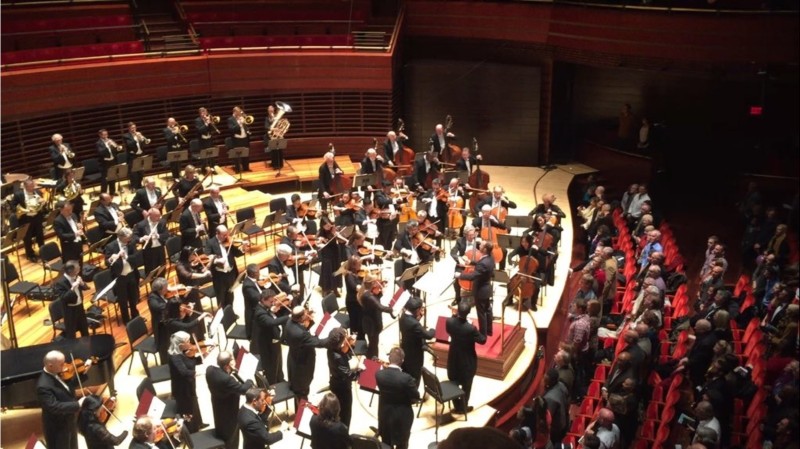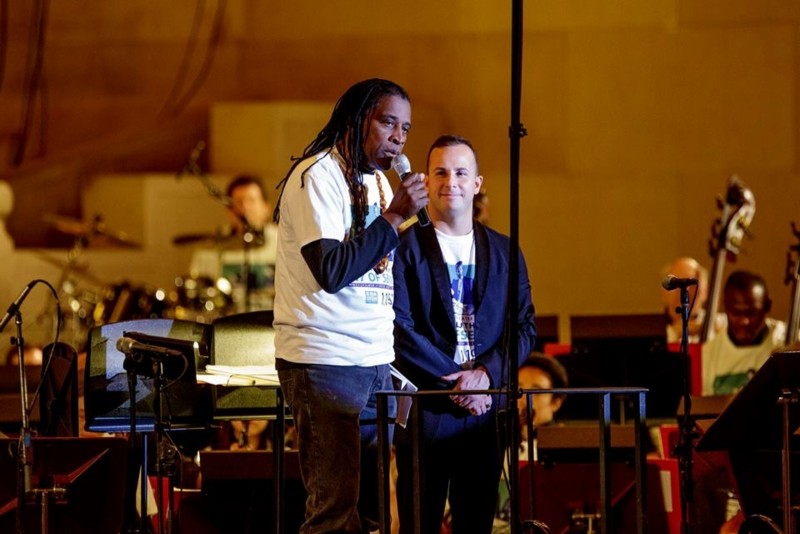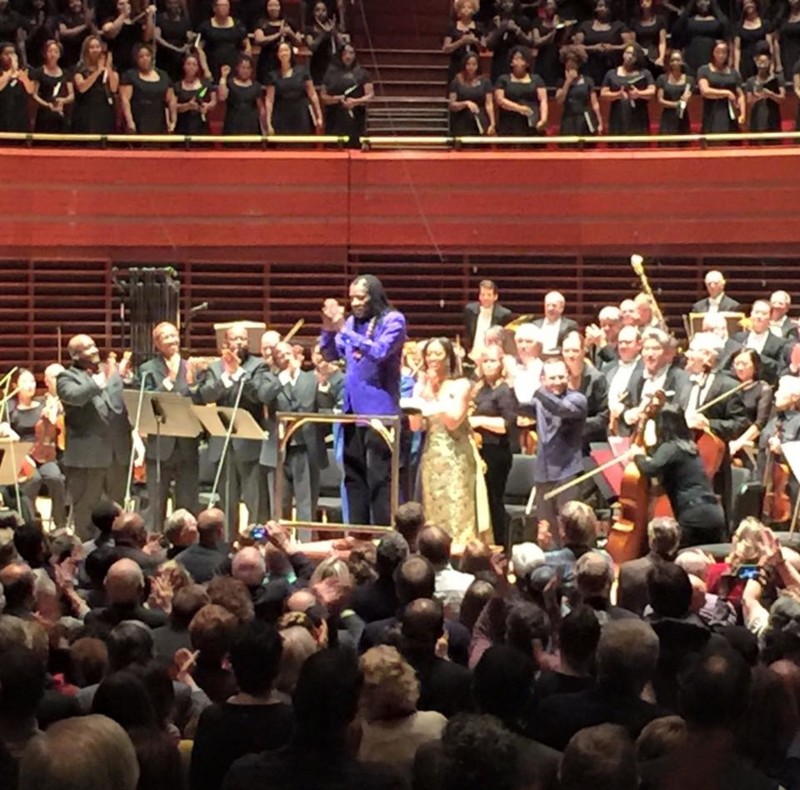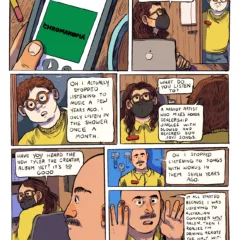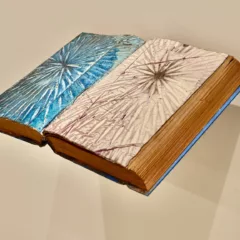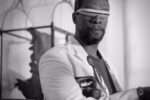Music can elicit many different emotions. Every song can invoke a different vision for each listener, no matter what the composer intended as the piece was written. Music is also a shared experience in that it takes you on a ride that is often unexpected but totally necessary. This is especially true of the musical works found in the Philadelphia Orchestra’s Nov. 13-15 program.
Patriotic program
Sibelius’ “Finlandia” (Finland) and Copland’s “Appalachian Spring” (United States) maintain a dignity and pride for one’s country—this sentiment is shared by composer Hannibal’s “One Land, One River, One People (Africa)”. The major difference with Hannibal’s work is that he goes one step further with nationality, complementing this with how culture can separate us, while at the same time uniting us all as a civilization.
Let me begin by saying that this performance took place in the aftermath of this month’s tragic attacks in Paris, France. Yannick Nézet-Séguin, the French Canadian music director of the Philadelphia Orchestra, let the music of France speak for itself with an emotional performance of the French national anthem, “La Marseillaise”.
Next, the orchestra moved into Jean Sibelius’ “Finlandia,” which is one of the classical masterpieces of the 20th century. The Philadelphia Orchestra has long been known for its lush, flowing playing, and this work demonstrates that fluidity. The introduction had a fuller, more reserved brass line than what I’ve heard in the past. “Finlandia” carries a patriotic symbolism, which is ever so needed, not just for France, but so many countries experiencing their own tragedies.
I have such a fond remembrance of playing this piece in my high school orchestra. However, listening to the Philadelphia Orchestra play it the way it is meant to be played made this concert an extra-special one. I could still remember many of the cello fingerings from when we performed “Finlandia” six years ago!
Aaron Copland’s “Appalachian Spring” begins with an ethereal sound that evokes a new dawn, as displayed by interactions between the oboe and strings. The next portion of the piece is where it comes alive with tons of call-and-response sections between first and second violins, woodwinds, and brass. If this were a sequence in 1940’s “Fantasia,” you could picture a farm with the animals running free in their happy habitat.
Copland incorporates the melody of the Shaker tune “Simple Gifts,” at first played by solo clarinet before the theme is transported to the strings—the cello and bass really make the line pop with a constant motion that keeps everything together. Near the conclusion, I noticed that Copland doubled the basses in what I found to be a gorgeous touch in bringing that countermelody out. “Appalachian Spring” ends as it began, until you hear a mere whisper—at this point you could hear a pin drop.
Inspiration and inclusion
The final work in the program was the world premiere of Hannibal’s incredibly soulful “One Land, One River, One People (Africa)”. There is an abundance of voices here, with soprano Laquita Mitchell and tenor Rodrick Dixon in addition to a combined choir of talented singers from Lincoln University, Delaware State University, and Morgan State University, who brought intense passion to their roles.
Hannibal was in the audience (a level above where I was seated) and was so moved near the end of the “One Land” movement that he started shouting, “Yes!” His clapping during this particular movement, when the choir was singing a cappella, moved many of the other audience members to clap with him. This was a scene that I would expect to see in my local church and not the concert hall—that’s what made it so special to witness.
What Hannibal is able to do is let the audience feel included and part of the music-making. The ending of one section brought about a bout of applause during which Yannick stopped midway to let the audience get its full appreciation in. This is another thing that you don’t see in classical concerts, as it is an unwritten rule (which should be abolished) that one cannot applaud until the entire work has commenced.
One detractor that I’ve always noticed is that the Kimmel Center is not kind to strings and voices. I can imagine that those instruments sound clear in the circular section behind the orchestra or on stage, but for anywhere else in the hall, it always sounds so muted. The two soloists for “One Land, One River, One People” were stupendous, but when the orchestra and choir joined them, they were drowned out each and every time.
What this Philadelphia Orchestra performance showed is that music brings out emotion—there’s no need to keep it all inside and release it later. This harkens back to the days of Shakespeare when audience members were always engaged participants in what happened on stage. One can hope that this inspired homecoming of a tradition becomes more of the norm again and not a distinct rarity.
Find more information on the Philadelphia Orchestra here.


